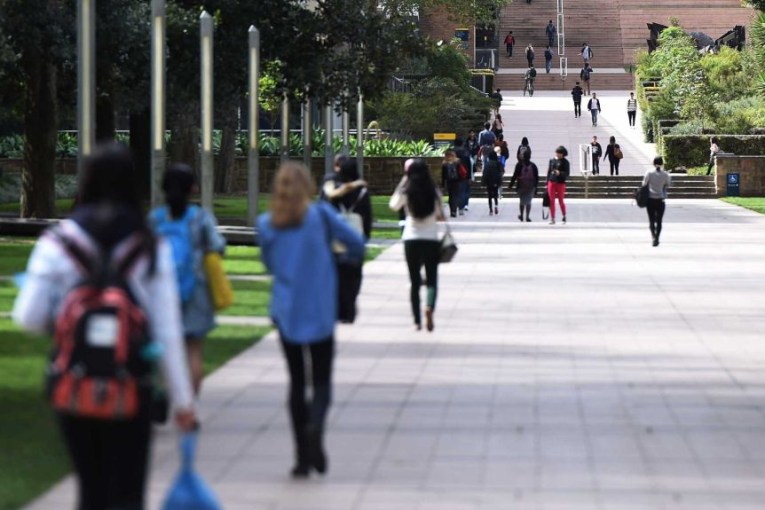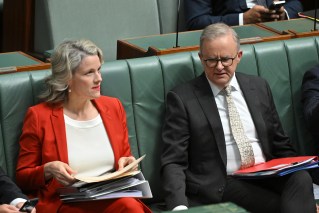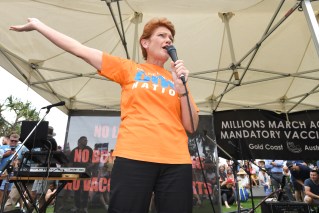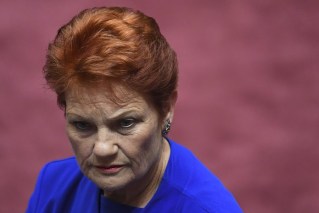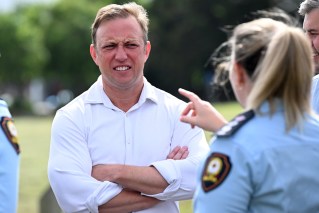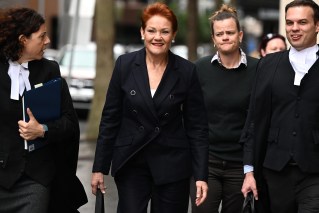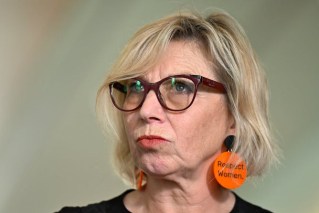That didn’t take long: Dick lashes council over Olympics development plans
Less than a week after it got the nod from the IOC, the Brisbane 2032 Olympics has had its first political blow up, with Treasurer Cameron Dick launching an extraordinary broadside against Brisbane City Council over plans for a media centre on the banks of the Brisbane River at South Brisbane.

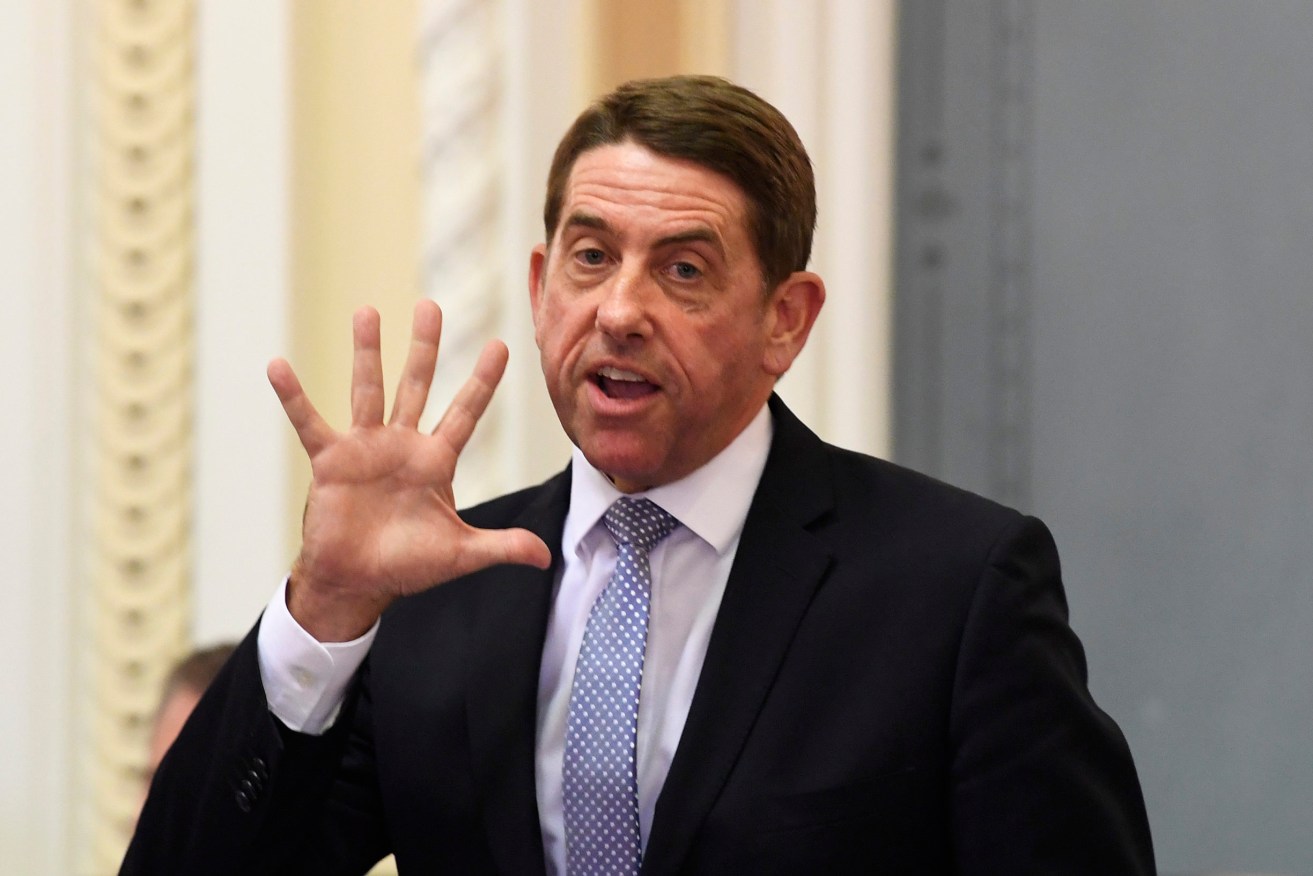
Queensland Treasurer Cameron Dick faces a handful of problems as the government heads towards its October election date.. (Photo: AAP Image/Dave Hunt)
The council has identified a seven hectare site on Montague Rd – currently occupied by a glass factory owned by Anthony Pratt’s Visy group – for a temporary International Broadcast Centre as part of the Games which would be turned into parkland after the event.
But no sooner had Lord Mayor Adrian Schrinner announced the plan than Dick called into ABC radio to accuse the council of “jumping the gun” and express fears about cost blowouts and job losses.
He even invoked the bitter memory of the 1976 Montreal Olympics – long accepted as the worst example of Olympics cost overruns – to attack the council plan.
“The mayor of Montreal wrecked that city, it took them 30 years to pay back the debt for a 13-day Olympics. We just can’t have that in Queensland,” he said.
“We’re six days into a 4000 day project. Let’s take out time to do it right, get the (Olympics 2032) organising committee established. The mayor will be on that but he’s not running the committee.”
Touting the development as “South Bank 2.0”, Schrinner said he was eager to get on with the job of ensuring the Olympics deliver a proper legacy for Brisbane.
“For a decade and more, people have talked about South Bank being extended along this part of our river and I am so pleased we’re now moving forward to make those dreams become a reality,” he said.
“World Expo 88’ was the catalyst for the creation of South Bank and now Brisbane 2032 will facilitate the next phase of this evolution.”
But Dick was having none of it, insisting the council should at least have waited for the Olympics organising committee to be established before announcing bit Games-related projects.
“I think it send the wrong signal that the first thing we are doing for the Olympics is to shut down industrial activity. Council shouldn’t be into that in the first place.,” he said.
Legislation to establish the organising committee for the Games is due to be introduced later this year.
But just as the Queensland Government is wary of upstart mayors, so Prime Minister Scott Morrison has scoffed at any notion that there will not be heavy involvement from Canberra in the organisation of the 2032 Olympics.
“I stress that the arrangement we have with the Queensland Government is not a 50-50 funding partnership. It’s a 50-50 partnership,” he said the morning after Brisbane was confirmed at the 2032 Games host.
“What that means is the decisions, the planning, the scoping of venues, the procurement, the contracts, the appointments – whether it’s to the organising committee, the establishment of the coordination authority – all of that is a shared exercise.”
“It’s not just one state running a games and sending us the bill. No, no.”
Proposals for the redevelopment of the Kurilpa precinct in South Brisbane have been a source of tension between the government and the council for many years, with local resident groups loudly campaigning against over-development.
For his part, Schrinner has also expressed worries about cost overruns but says they would be caused by delaying decisions and not preparing well in advance of the Games.
“We’ve all seen in the past the international examples of what happens when there’s a lack of coordination in the lead up to major events and the result is critical infrastructure being delivered at the 11th hour, at an inflated price,” he said.
“The costs and consequences of poor planning and poor cooperation are unacceptable, and I am determined to ensure that doesn’t happen to the Brisbane 2032 Games.”
While he has appointed Brisbane Deputy Mayor Krista Adams as the Civic Cabinet’s Olympics and Paralympics chair, he insists that the key positions of chair and chief executive of the Games organising committee will be handled “through a rigorous, merit-based selection process”.
